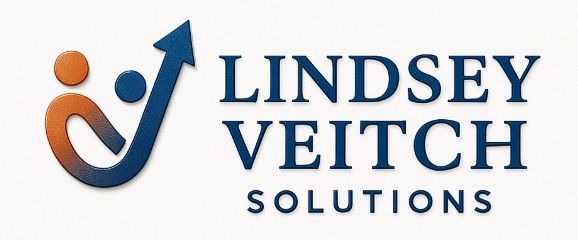Choosing the Right CRM Software Solutions for Your Business
Understanding CRM Software
Choosing the right Customer Relationship Management (CRM) software is crucial for any business aiming to streamline operations and improve customer interactions. CRM solutions help manage customer data, track interactions, and automate sales processes. Understanding the core functionalities of CRM software is the first step in selecting the best fit for your business needs.
CRM systems can range from basic contact management tools to complex systems that include marketing automation, analytics, and customer service features. The key is to identify what your business specifically requires. Are you a small business looking for simple contact management, or a larger enterprise needing a full suite of tools? Knowing your needs will guide your decision-making process.

Key Features to Consider
Contact Management
At its core, a CRM should provide robust contact management capabilities. This feature allows you to store and organize customer data efficiently. Look for CRMs that offer easy data entry, tagging, and filtering options to keep your customer data clean and accessible.
Sales Automation
Sales automation features can significantly improve productivity. These features help automate repetitive tasks such as follow-up emails, task assignments, and lead scoring. By automating these processes, your sales team can focus more on closing deals rather than administrative tasks.

Integration Capabilities
Integration with existing tools is essential for a seamless workflow. Ensure that the CRM you choose can easily integrate with your current tools, such as email platforms, social media channels, and accounting software. This integration minimizes disruption and maximizes efficiency.
Evaluating CRM Costs
Cost is a critical factor when selecting a CRM solution. CRMs typically offer various pricing models, including subscription-based, one-time payment, or freemium models. Carefully evaluate the cost in relation to the features offered and consider any hidden fees such as additional user licenses or support charges.
Moreover, explore whether the CRM offers scalable pricing options. As your business grows, you may need to upgrade your CRM plan to accommodate more users or additional features. A CRM that scales with your business can save you from switching systems down the road.

Testing and Implementation
Before fully committing to a CRM solution, take advantage of free trials or demos. Testing the software in a real-world scenario helps identify any potential issues with usability or feature gaps. Involve team members who will be using the software daily to gather their feedback and ensure the system meets their needs.
Implementation is another critical phase. A smooth transition requires adequate training for your team to get familiar with the new system. Consider CRMs that offer comprehensive customer support and training resources to facilitate this process.
Conclusion
Choosing the right CRM software is a strategic decision that can significantly impact your business operations and customer relationships. By carefully evaluating features, costs, and integration capabilities, you can select a solution that aligns with your business goals and scales with your growth.
Remember that a CRM is not just a tool but an investment in your company's future success. Take the time to research, test, and implement the best solution to ensure you reap the maximum benefits for your business.
